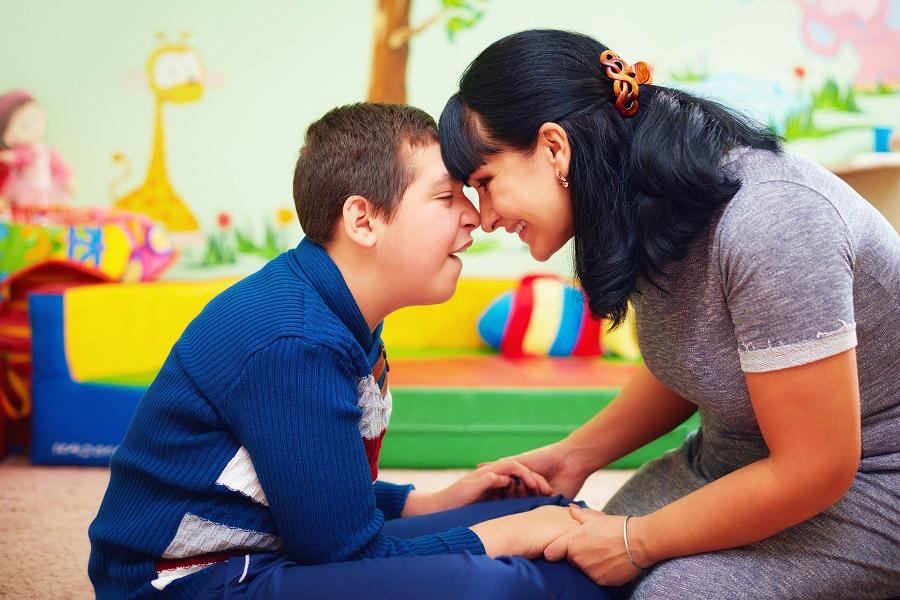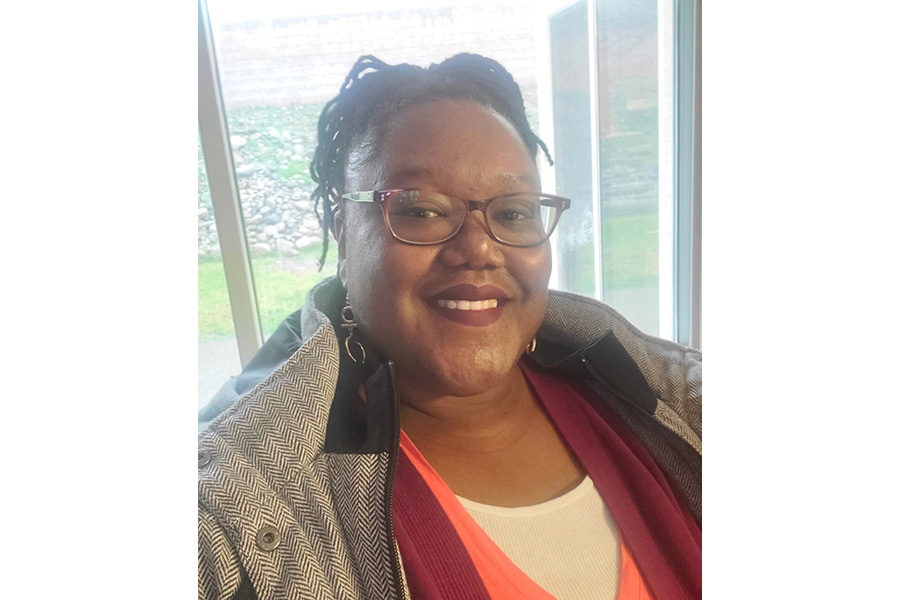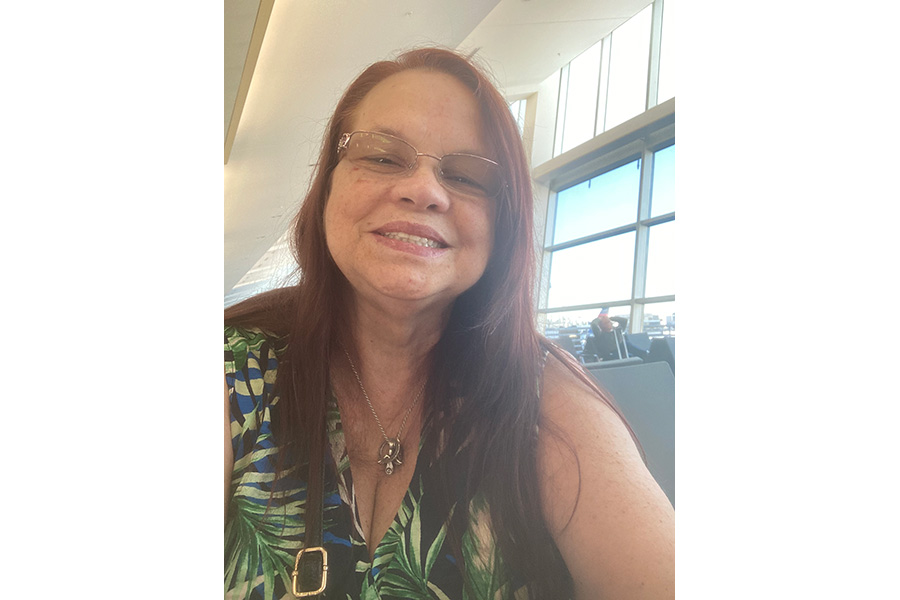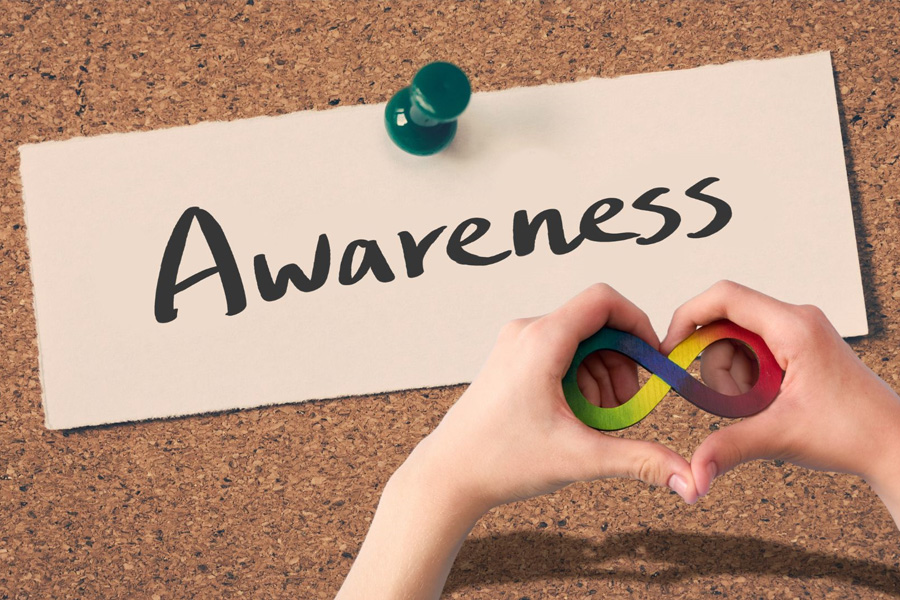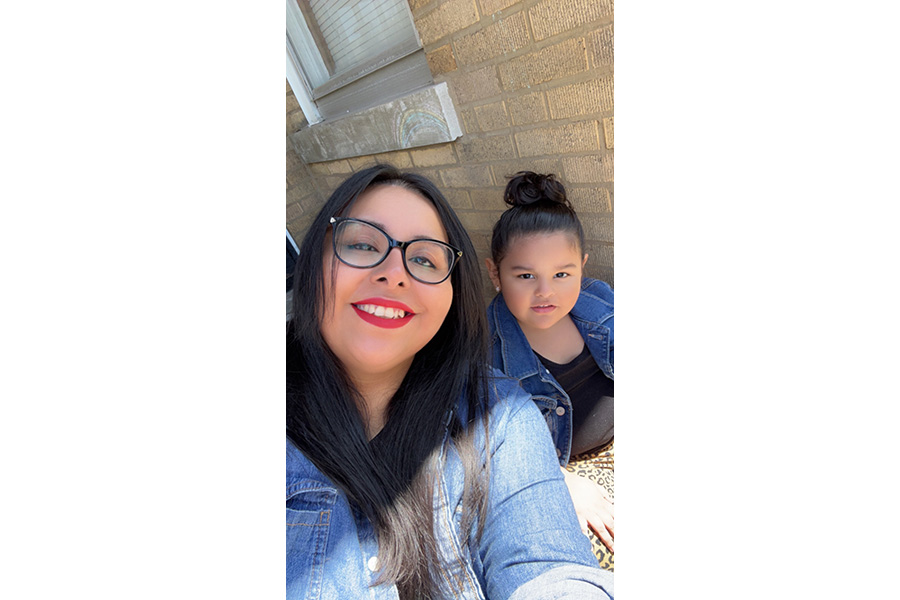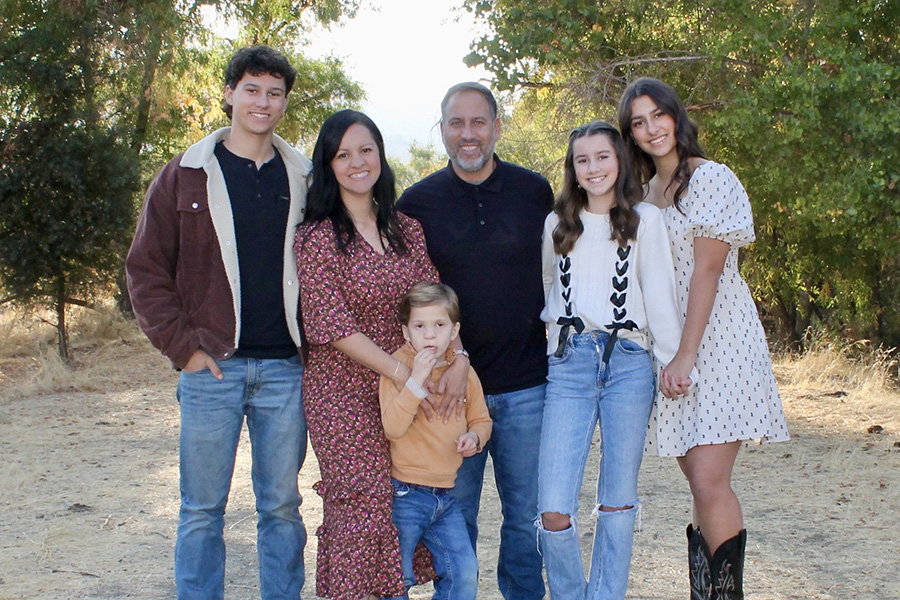Every individual is unique and has their strengths and weaknesses. This is especially true for approximately 1 in 6 children who have a developmental disability in the United States. The prevalence of developmental disabilities has been increasing over the years, yet despite this, individuals with developmental disabilities continue to face significant challenges and discrimination.
What are developmental disabilities?
Developmental disabilities are a group of conditions that cause impairment in physical, intellectual, and/or behavioral areas. These disabilities affect individuals in different ways and to varying degrees. Some with developmental disabilities can live independently and function like their typical peers. Others require round-the-clock health care and will never be able to live independently.
Some common developmental disabilities include:
- Attention-Deficit/Hyperactivity Disorder (ADHD)
- Autism spectrum disorders
- Down syndrome
- Cerebral palsy
- Fragile X syndrome
- Tourette syndrome
How can I support someone with developmental disabilities?
There is no one-size-fits-all approach to caring for someone with a developmental disability. However, it is essential to support those living with or caring for someone with a developmental disability. Providing a supportive and inclusive environment can help children with disabilities reach their full potential.
Some key points to keep in mind are:
- Inclusion – Those living with developmental disabilities shouldn’t be excluded from experiences just because of their condition. Treat those living with a disability the same as you would their typical peer.
- Access to education – Children with developmental disabilities should have access to quality education that meets their individual needs. This includes early intervention services, special education programs, and accommodations to support their learning.
- Employment opportunities – Individuals with developmental disabilities are often overlooked for job opportunities, despite their abilities and qualifications. By promoting inclusive hiring practices and providing job training and support, we can help individuals with disabilities succeed in the workplace and contribute to society.
- Never assume – Making assumptions about a person’s disability can be patronizing and frustrating for them. Ask them if they need help, and then give them the level of support that they require.
- Support the family – Caring for a family member with a disability can be both challenging and rewarding. These families often require more help and may need to turn to others for assistance. Avoid making judgments, establish ongoing communication, and offer support where possible.
Developmental Disabilities Awareness Month
National Developmental Disabilities Awareness Month was first established in 1987 by President Ronald Reagan to promote awareness and understanding of developmental disabilities. Today, March is recognized as a time to celebrate the achievements and abilities of individuals with developmental disabilities and educate the public about the challenges they face. By promoting inclusion, education, employment, and support for families, we can create a more inclusive and equitable society for all.





